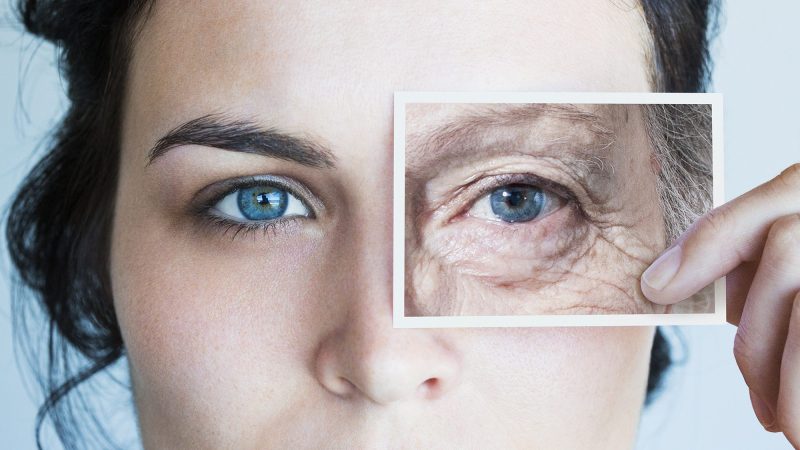
Researchers have identified a critical piece in the process that allows cells to repair damaged DNA. The discovery, which could have a significant impact on human aging, is so promising it has garnered the attention of NASA, Science Magazine reports.
Human cells have an inherent ability to repair DNA damage, but until this study, scientists were conflicted about why those capabilities decrease over time. They have now identified the metabolite NAD+, which plays an important job in regulating protein interactions that repair DNA.
Scientists from Australia’s University of New South Wales gave lab mice NAD+ “boosters” that improved their ability to repair the damage. After one week of being treated with boosters, the cells of the old and the young mice were indistinguishable.
According to a press release published by Medical Xpress, the treatment could lead to an anti-aging drug arriving on the market in three to five years—if human trials are successful. They are scheduled to begin in six months.
The research is particularly attractive to NASA since it’s exploring ways to keep its astronauts healthy during the arduous, four-year roundtrip to Mars. During that mission, prolonged exposure to cosmic radiation means their cancer risk would approach 100 percent and five percent of the astronauts’ cells would die.
—RealClearLife
The Charge will help you move better, think clearer and stay in the game longer. Subscribe to our wellness newsletter today.
























